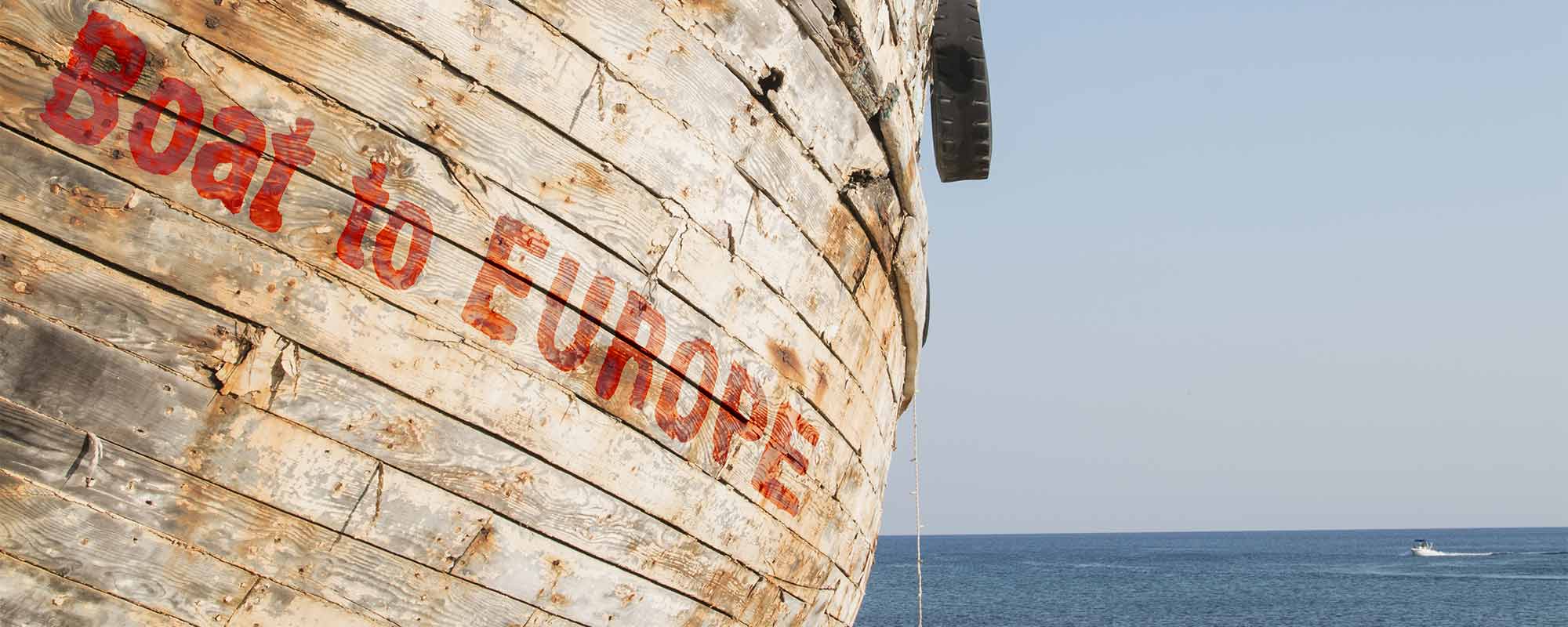Since 2016, EU member states have scaled down search and rescue operations that save lives at sea and replaced them with policies intended to reduce the number of migrant arrivals to Europe. These policies of non-assistance and forced returns to Libya render the central Mediterranean one of the world’s deadliest border spaces and force asylum seekers back to a war zone where inhuman and degrading treatment is well-documented. A growing network of civil society organisations continues to challenge these policies in the courts, on the streets, and at sea. This article, the second in a two-part series on migration, is based in part on interviews conducted with Dr Omar Grech, Senior Lecturer in International Law at the University of Malta (UM), Dr Derek Lutterbeck, Deputy Director at the Mediterranean Academy of Diplomatic Studies at UM, and Dr Felicity Attard, expert in International and Maritime Security Law at the Faculty of Laws at UM.
Continue readingConcentration Camps in Libya
Following the NATO-backed overthrow of Muammar Gaddafi in 2011, Libya descended into a decade of disunity and violence resulting in incalculable suffering and loss of life. Today, much of the country remains a war zone, and migrants in EU-sponsored Libyan detention facilities continue to suffer well-documented, gross human rights violations. This article, the first in a two-part series on migration, is based in part on interviews conducted with Dr Omar Grech, Senior Lecturer in International Law at the University of Malta (UM); Dr Derek Lutterbeck, Deputy Director at the Mediterranean Academy of Diplomatic Studies at UM; and Dr Felicity Attard, expert in International and Maritime Security Law at the Faculty of Laws at UM.
Continue reading

